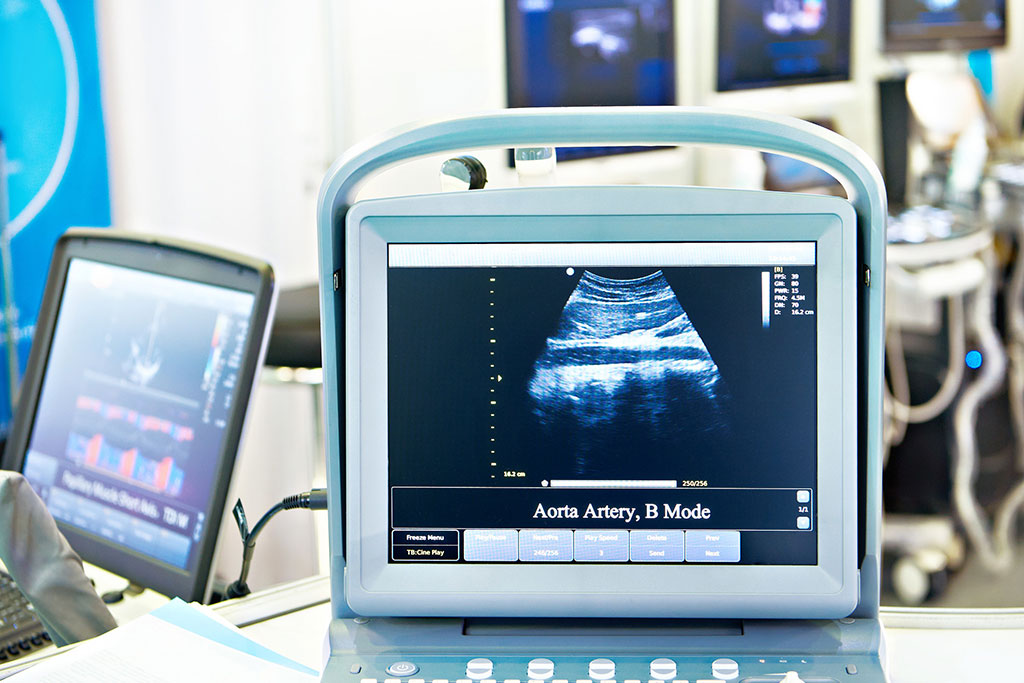Mobile Medical Imaging Systems Witnessing High Adoption Due to Portability and Cost-Effectiveness, Says Frost & Sullivan
Posted on 11 Feb 2022
Portability and cost-effectiveness are the key factors propelling the adoption of mobile medical imaging technology globally.
These are the latest findings of Frost & Sullivan (San Antonio, TX, USA), a research and consulting firm. Frost & Sullivan's recent analysis has found that the drawbacks of traditional medical imaging platforms are driving the need for novel mobile medical imaging systems. They offer portability and cost-effective solutions for health professionals to perform diagnostic imaging in different clinical settings while being more convenient for patients. COVID-19 has pushed the demand for modern mobile medical imaging systems. Their promising features include rapid, accurate, and effective disease diagnosis along with the ability to improve patients' health outcomes and prevent the spread of COVID-19 among non-infected patients and other medical facility staff.

The increasing use of mobile medical imaging systems such as X-ray, CT, MRI and mobile ultrasound scanners across the healthcare landscape presents lucrative growth prospects for market participants. Based on Frost & Sullivan’s analysis, mobile medical imaging companies can focus on the use of single-exposure, dual-energy subtraction X-ray technology-based detectors in mobile X-ray scanners that offer better diagnostic sensitivity compared to traditional X-ray detectors. Additionally, companies developing mobile CT scanners are advised to forge partnerships with research institutes to deploy PCCT technology in these platforms to generate patient images with better spatial resolution and contrast, achieved even with a lower radiation dose, reducing the patient's exposure to radiation. Frost & Sullivan also suggests mobile MRI scanner companies to collaborate with academia and research institutes to develop portable mobile stroke units that air and road ambulances can easily deploy.
"The deployment of advanced image processing and noise cancellation technologies in the mobile medical imaging systems helps produce sharp, premium-quality patient images, providing higher diagnostic value for health professionals," said Neeraj Nitin Jadhav, TechVision Research Analyst at Frost & Sullivan. "The deployment of these portable medical imaging tools improves healthcare professionals' productivity and reduces the need for transporting critically ill patients from the hospital to radiology imaging diagnostic centers and the complications associated with it."
"The miniaturization of components has enabled the development of mobile medical imaging systems with compact designs, facilitating the portability of these tools. Their benefits, including safety and lower cost of ownership, have led to their increased use in clinical settings, such as nursing homes, urgent care centers, physician offices, and patients' homes. In the future, other outpatient clinics will also deploy these systems," added Jadhav.
Related Links:
Frost & Sullivan














